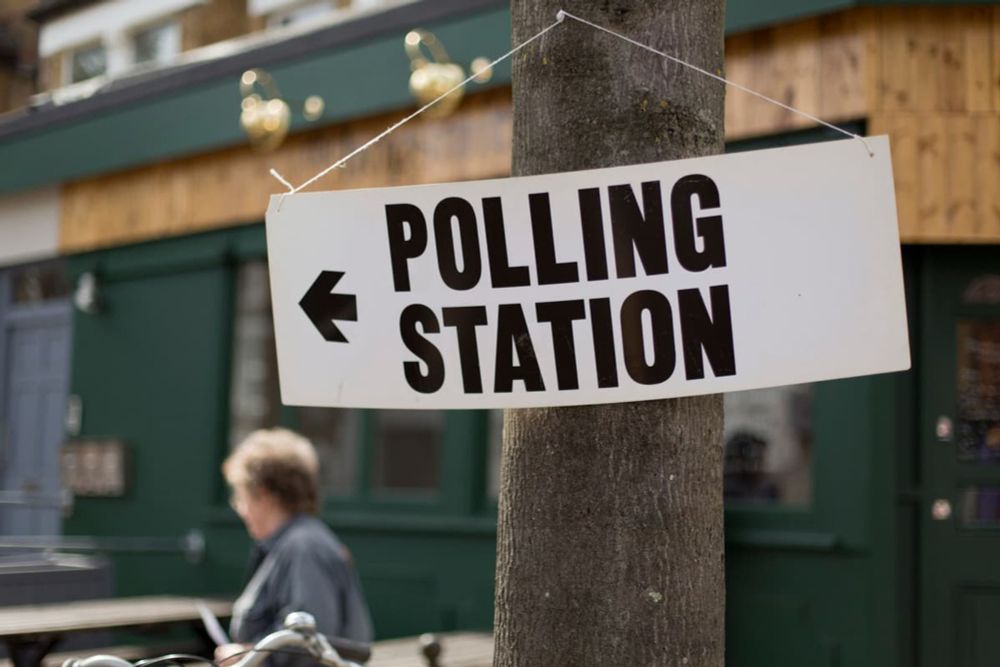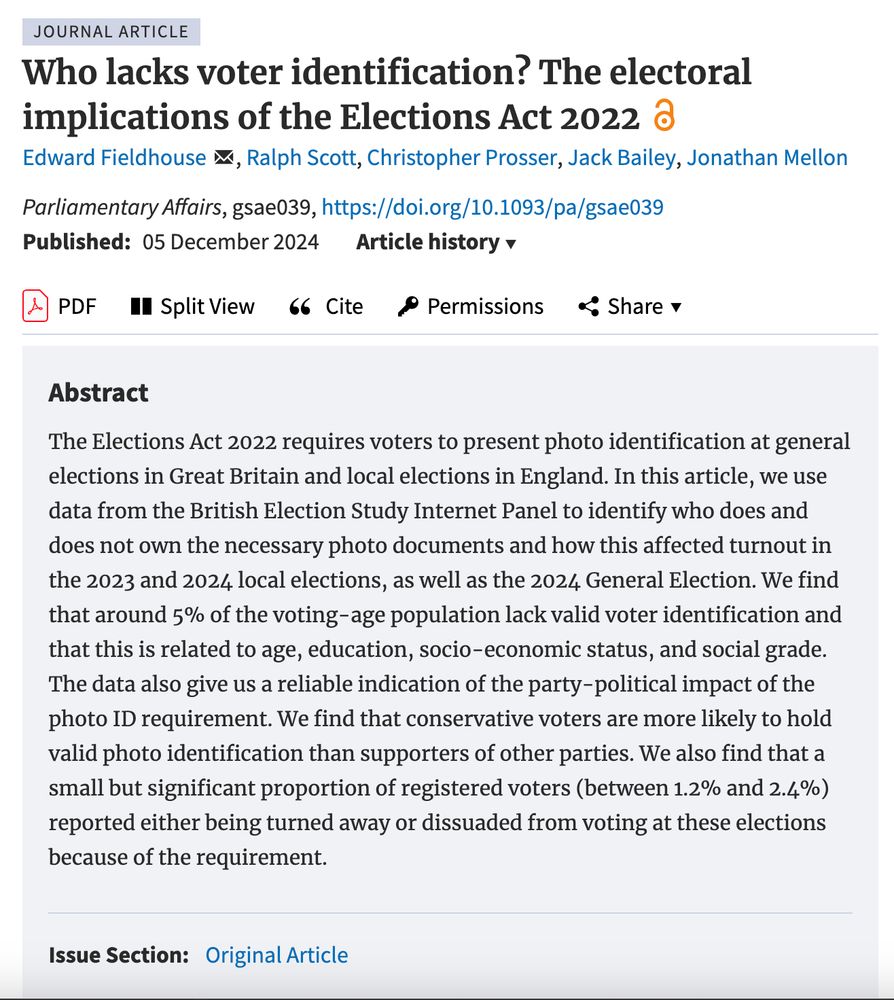Tom Barton
@tombarton.bsky.social
220 followers
210 following
34 posts
Post-Doc at King's
PhD from Royal Holloway
Poli Sci, Turnout and Electoral Integrity
Now dabbling in interest groups on the ERC ADVODID project
advodid.eu
Posts
Media
Videos
Starter Packs
Pinned
Reposted by Tom Barton
Reposted by Tom Barton
Tom Barton
@tombarton.bsky.social
· Apr 11
Tom Barton
@tombarton.bsky.social
· Mar 21
Reposted by Tom Barton
Ralph Scott
@ralphscott.bsky.social
· Mar 20
Reposted by Tom Barton
Tom Barton
@tombarton.bsky.social
· Feb 26
Tom Barton
@tombarton.bsky.social
· Jan 31
Reposted by Tom Barton
Tom Barton
@tombarton.bsky.social
· Nov 27
Reposted by Tom Barton
Chris Hanretty
@chanret.bsky.social
· Sep 24
Tom Barton
@tombarton.bsky.social
· Sep 11
Tom Barton
@tombarton.bsky.social
· Sep 11
Tom Barton
@tombarton.bsky.social
· Jul 9
Reposted by Tom Barton
Chris Hanretty
@chanret.bsky.social
· Jun 7

Ward-level estimates of registration and lack of ID (7th June edition)
Proportion lacking ID by ward
Ward,Ward code,Borough,Westminster seat,Seat code,Ward voting age population in census,Registered voters (estimated),Registered voters without ID (estimated),Avg Pct reg...
docs.google.com
Tom Barton
@tombarton.bsky.social
· May 2
Tom Barton
@tombarton.bsky.social
· May 1
Tom Barton
@tombarton.bsky.social
· May 1
Tom Barton
@tombarton.bsky.social
· May 1





